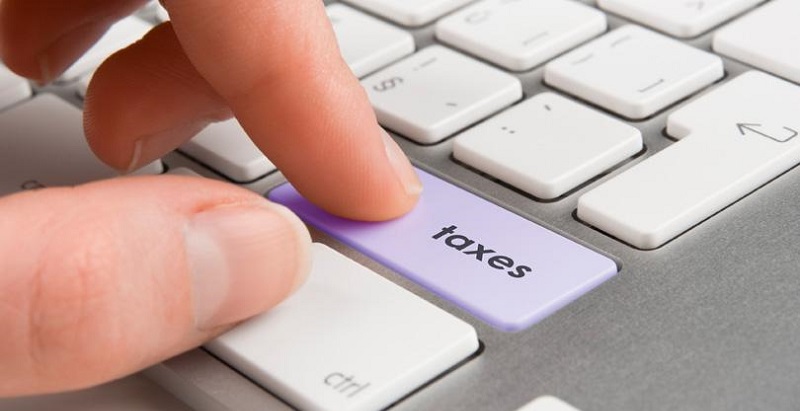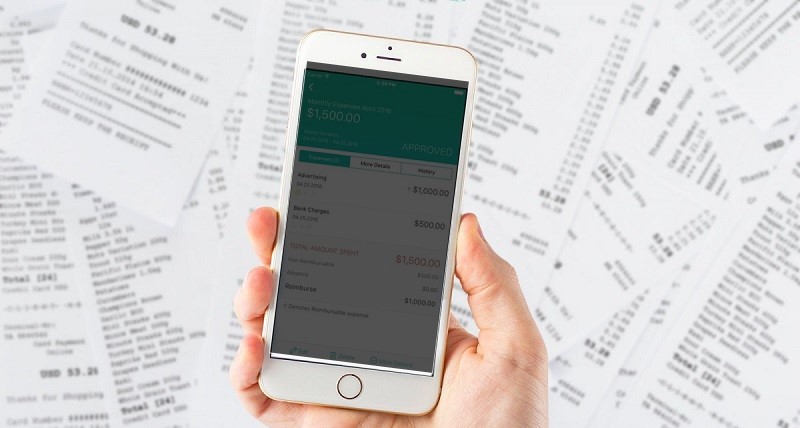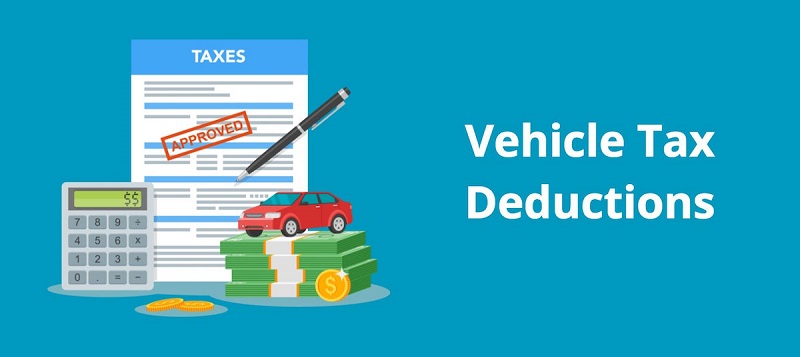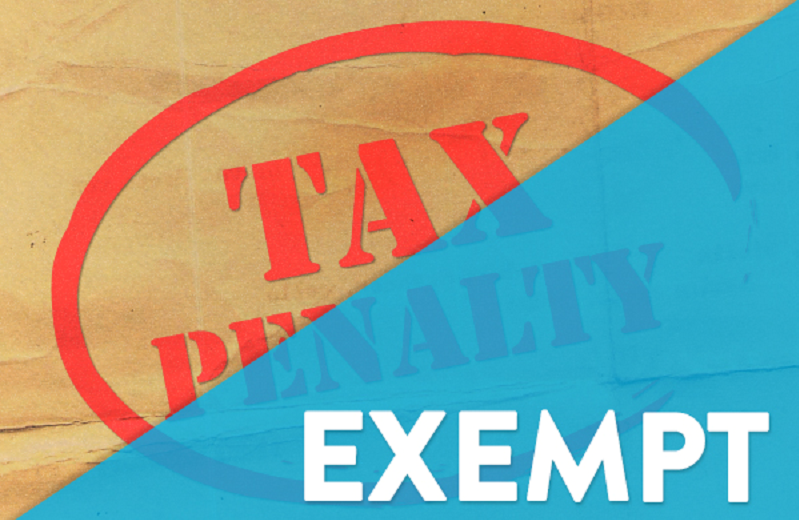
In today’s scenario where doing business has become stringent due to the mandatory requirement of complying with multiple and complex laws, taxation law is something you should outsource to an expert.
Taxation laws not only in the US but all over the world are complex and not everyone’s cup of tea. As a small business or start-up owner, you have income from almost every head except for the head of “income from salaries”.
If you are not aware of tax saving options, you might end up paying a significant amount of taxes to the government every year.
What you must know is that every penny counts when you are running a small business. Minimizing taxes may be the difference between a profitable business and one that is just scraping by.
Schedule A Consultation Today!
Here are seven small business tax tips you can use to tame the stress of small business taxes and hopefully put a little more money back into the pocket. It’s not what you make, but what you keep.
1. Using Tax Filing Software

While this recommendation may be a no-brainer for the small business owner interested in avoiding headache, it’s applicable to even the tax-savviest entrepreneurs, it offers protection a small business owner may not be able to afford otherwise.
When wondering how to do taxes for small business, you must use tax software. Also, hiring an experienced CPA can help you a lot. These platforms help you prepare and file your tax return online while backing up that filing with accuracy and maximum refund guarantees.
Having a shield that ensures the accuracy of your return – and guaranteed reimbursement of any fees or penalties you’ve been charged- makes tax hurdle easier.
Schedule A Consultation Today!
2. Keep An Eye On All Receipts

One of the other best tax strategies for small business is to keep a close eye on all your receipts.
Receipts create the financial dashboard of how you spent your money throughout the year. Many of those receipts are for goods and services that can be deducted on your taxes, offsetting taxable income.
Depending on your business structure, there are specific deductions you can take for certain structures, plus deductions that apply across all structures.
Of course, keeping receipts for an entire year is a hassle; many pieces of paper may get misplaced or tossed.
However, using apps can change that by storing, capturing and organizing all your receipts in one place. You’ll be able to import receipts from photos and forward email invoices from the inbox.
Using such apps will ensure you obtain proof of, and retain that proof, for every expense deduction owed you.
3. Pay For The Retirement Now And Get Payoff Later

A self-employed worker’s taxable income can be reduced by putting additional money toward a traditional retirement account- the money isn’t taxed until the funds are withdrawn in retirement.
Small business owners under 50 can contribute up to $5,500 per taxpayer to a traditional or Roth IRA; those over 50 can put up to $6,500 toward their retirement savings.
Your financial advisor can pinpoint the amount that makes the most sense for your cash flow, but this is a tax move that pays off both now and later. It is one of the essential tax tips for small business owners that you must follow.
4. Deduct Home Office Expenses

Many small business owners operate from offices at home, but not all of them realize they can deduct expenses related to the home office. These can include insurance, mortgage interest payments, repairs and utilities such as internet service.
You do, of course, have to determine what portion of your home is dedicated to running your business (tax software does the mathematical calculation for you), but this deduction can benefit both homeowners and renters.
Schedule A Consultation Today!
5. Deduct Car Expenses

The trick here, again, when you’re deducting expenses, is to calculate what percentage of the time your car is getting used for. From there, you can apply that percentage to the overall car expenses.
For this category of deduction, two types are available: IRS’s standard mileage rate or your actual car expenses (including insurance, gas, repairs).
Figure out which one makes the most financial sense before filing so you can maximize your savings.
6. Take Advantage Of Penalty Relief If You’re Eligible

This is an important small business tax tips that everyone should consider.
Despite following these steps and/or the recommendations your accountant makes, you may incur an IRS penalty. If that happens, you need to determine whether you’re eligible for penalty relief.
Some penalties such as penalties for failing to file a tax return or to pay on time are eligible for penalty relief.
People who can be considered for relief include those who tried to follow the legal requirements but were unable to meet them due to circumstances beyond control.
You don’t need to make small business owners more financially draining than it already is.
By carefully accounting for deductions throughout the year and investigating your options in tricky situations, you’ll find alternatives you didn’t know existed — and savings you can use.
Contact Us Today:
Locations:




